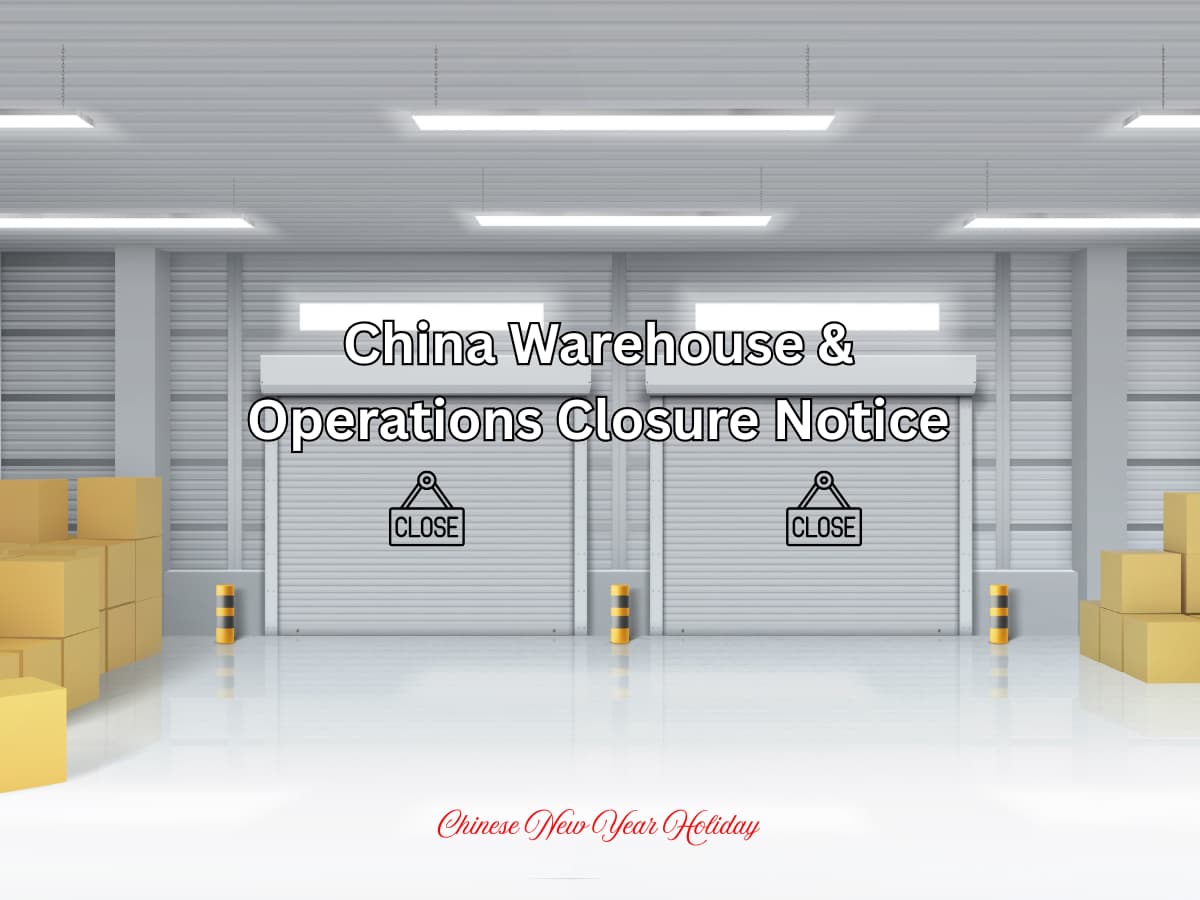In the last few years, the world has witnessed diverse manners of global unrest, ranging from pandemic outbreaks like COVID-19 to natural disasters such as floods in different parts of the world, protests, wars as we have seen between Ukraine and Russia and Israel, and Palestine, and disastrous events like the grounding of the Ever-Given container ship in the Suez Canal. These events to a great extent have taken their toll on the global supply chain.
As a result of these events, the global supply chain is experiencing shortages in raw materials, supply, workforce, and even carriers, leading to delays, inability to meet demand, and higher costs of shipping. Apart from these events, the global supply chain also faces increasing risks from growing political and economic volatility.
In Nigeria, for example, freight rates have been recorded to increase by about 70% margin, as reported by Aminu Umar, the President of the Nigerian Chamber of Shipping, and this is due to the exit of 50% of foreign trading vessels thanks to economic, social, security and political volatility.
As the demand for basic needs like food, clothing, and energy increases, the prices for those needs skyrocket, leading to growing unrest in societies, and these spirals to affect the supply chain.
Impact on the Supply Chain
1. Disruption to production:
In a situation of unrest, nothing thrives, and everything comes to a halt, including the manufacturing industry.
Access to raw materials will be limited or grounded, energy supply will be minimal or nonexistent, especially in the situation of war or global unrest, and access to the workforce will be difficult, thereby grounding the manufacturing industry and limiting the number of goods that move through the supply chain and the ability for economies to meet the demand of their population will be reduced.
Due to the war in Ukraine, a leading grain exporter, there has been a dramatic drop in her exports due to the drop in production to 29%.
2. Disruption to energy supply:
Energy is a significant aspect of the supply chain industry as it can affect the supply chain, from manufacturing to transportation and delivery and even the overall supply chain management.
Apart from the fact that in times of unrest or disruptive global events, energy production and distribution are very low, major unrests like wars demand an extraordinary mobilisation of energy resources needed for the manufacturing and release of destructive weapons, and the consequence is a significant disruption of energy supplies in regions or countries that were affected by the war.
3. Disruption or total closure of supply/transportation routes:
In times of unrest, like wars and pandemics, one of the first and most significant decisions usually taken by governments around the world is the closure of connection to the outside world, and that includes shutting down land borders, airways, and even sea borders as a way of protecting their sovereignty and securing their citizens.
There have also been cases where countries are cut off from the supply chain as a weapon of war where significant transportation routes will be closed off to stop the supply of relief materials, services, and military ammunition to countries, thereby making the supply chain industry ineffective.
4. Reduction in the number of carriers:
An essential aspect of the supply chain is the transportation system, which involves the transportation of raw materials to factories, movement of finished goods or even semi-finished goods to the warehouse for consolidation and shipping, shipping of goods and ultimately, delivery of such goods to the final consumer. In times of unrest, carriers are usually unavailable, and the available ones are relatively expensive; this limits the efficiency of the supply chain and causes scarcity of basic needs.
5. Shortage of supply chain workers:
Social unrest and disruptive global events are primary sources of the destruction of properties and facilities, but the most significant loss is human life. More than 10,000 civilians have been killed in Ukraine since Russia invaded in February 2022, with about half of recent deaths occurring far behind the front lines, while that of Israel and Palestine also tops 10,000 casualties. When people are killed, there will be a reduction of the manpower.
6. Rise in freight rates:
One significant consequence of global unrest and volatility is the abnormal rise in the cost of shipping. The reduction in production, lack of carriers, disruption of transportation routes, lack or shortage of workforce, and shortage of energy will eventually lead to an increase in freight rates as the cost of the available carriers and workforce will skyrocket, and the supply chain will not be able to function properly.
How To Navigate The Process.
With these global occurrences, the supply chain industry needs to develop some measure of resilience to navigate the recurring events destabilising the system. Companies and businesses must monitor, measure, forecast, and manage exposure to geopolitical and global events.
Businesses should always be on the lookout for events with the potential to affect key supply chain locations and industries, monitor the geopolitical zones it’s coming from, and search for alternative networks or routes that can serve as a plan B if there is any disruption in the supply chain.
Risk indicators should be monitored, new relationships created, and more excellent and strong alliances formed. Alternatively, supply chain nodes should be mapped out through extensive and diligent research, and their vulnerability to disruption should be assessed to ensure that they can absorb risks that emanate from global disruption.
Based on the outcome of diligent research and assessment, adopting agile business strategies and operations that quickly adapt to changing global or regional conditions will be an advantage.
To navigate the supply chain disruptions and risks and mitigate the impact, strategic agility and partnership with an experienced and trusted shipping partner are crucial, and that is where SARA PROCUREMENT SERVICES LIMITED come in; collaboration with us is a most valuable experience.
Visit our physical office space at 3 Fatai Irawo Street, Ajao Estate, Airport Road, Lagos, Nigeria, or any of our warehouse touch point locations worldwide to learn more about us and utilise our services.
Our 247-email correspondence is hello@chinatolagos.com. Contact us today.
We are equally social, and you can find us @SaraProcure on your favourite channels: Twitter, Threads, Facebook, and Instagram.
.png)





Comments
Please log in to leave a comment.